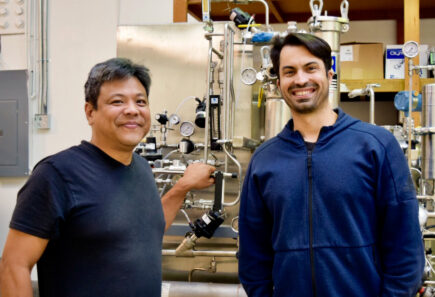Pooled procurement/group purchasing for ingredients and inputs
Many alternative protein companies use similar inputs, but individually lack the purchasing power to negotiate favorable contract terms. A pooled procurement/group purchasing mechanism for ingredients, inputs (growth factors, media, etc.), and feedstocks would help reduce costs and increase industry leverage.



